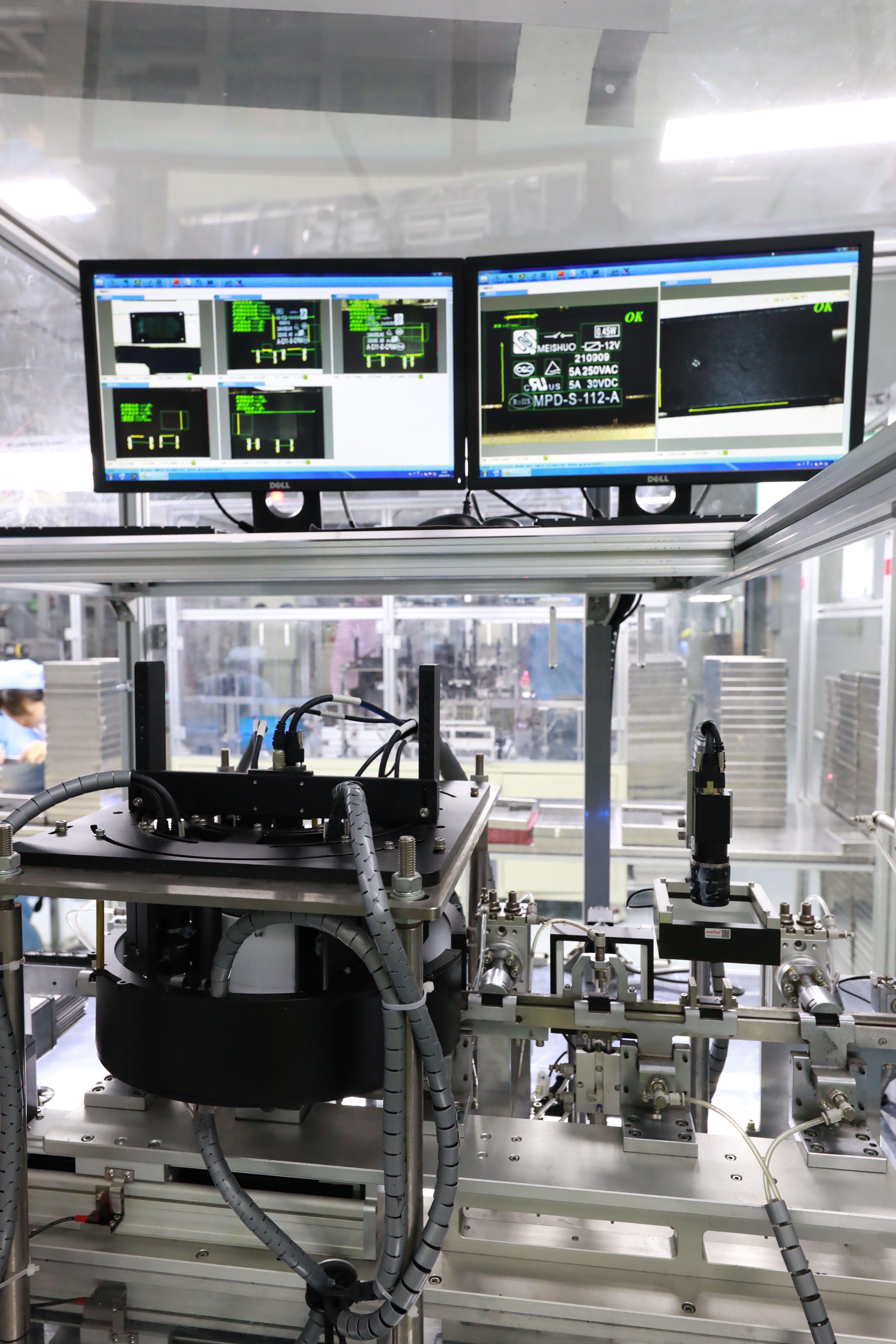relay production technology: advancements and key techniques in manufacturing
Release time:2025-10-26 11:40:51
Relay production technology plays a vital role in the development of modern electrical systems, providing crucial control and protection functions in a wide range of industries. From household appliances to complex industrial automation systems, relays are integral to the operation of electronic devices and vehicles. This article explores the key aspects of relay production technology, highlighting recent advancements and techniques that have contributed to improving efficiency, reliability, and cost-effectiveness in manufacturing.

1. Materials Selection and Component Quality The performance and longevity of a relay heavily depend on the materials used in its production. Key components of a relay include the coil, contact points, housing, and spring mechanisms. The choice of material for each component affects the relay's electrical properties, mechanical strength, and resistance to wear and corrosion. Coil Materials: Typically, coils are made of copper wire, which is highly conductive and able to generate the required electromagnetic force when energized. The wire is carefully wound to ensure uniformity in resistance and inductance, which directly impacts the relay's switching speed and durability.

